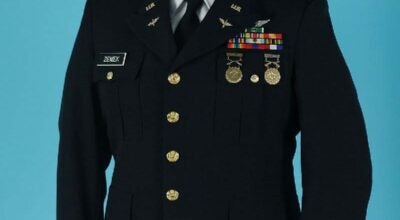Trump to nominate Mattis to lead Pentagon
Published 10:53 am Friday, December 2, 2016
WASHINGTON — Breaking once more from presidential custom, Donald Trump is turning to a military man to steer the U.S. military, choosing retired Gen. James Mattis, who will be the first career officer to lead the Pentagon since just after World War II.
Mattis, 66, is a Marine Corps general who retired in 2013 after serving as commander of the U.S. Central Command, responsible for directing America’s wars in both Iraq and Afghanistan.
Trump, who has referred to Mattis by his nickname “Mad Dog,” made the announcement of his choice for defense secretary at a postelection victory rally Thursday night in Cincinnati.
The selection raises questions about increased military influence in a job designed to ensure civilian control of the armed forces. Those traditional concerns revolve around whether a recently retired service member would rely more on military solutions to international problems rather than take a broader, more diplomatic approach.
For Mattis to be confirmed, Congress would first have to approve legislation bypassing a law that bars retired military officers from becoming defense secretary within seven years of leaving active duty.
Mattis has a reputation as a battle-hardened, tough-talking Marine who was entrusted with some of the most challenging commands in the U.S. military. In a tweet last month, Trump described him as “A true General’s General!”
Mattis would be only the second retired general to serve as defense secretary, the first being George C. Marshall in 1950-51 during the Korean War. Marshall was a much different figure, having previously served as U.S. secretary of state and playing a key role in creating closer ties with Western Europe after World War II.
The only previous exception to the law requiring a gap after military service was for Marshall.
Richard Fontaine, president of the Center for a New American Security, described him as a defense intellectual and as a military leader who distinguished himself in combat.
“He knows the Middle East, South Asia, NATO and other areas and has evinced both a nuanced approach to the wars we’re in and an appreciation for the importance of allies,” Fontaine said.





